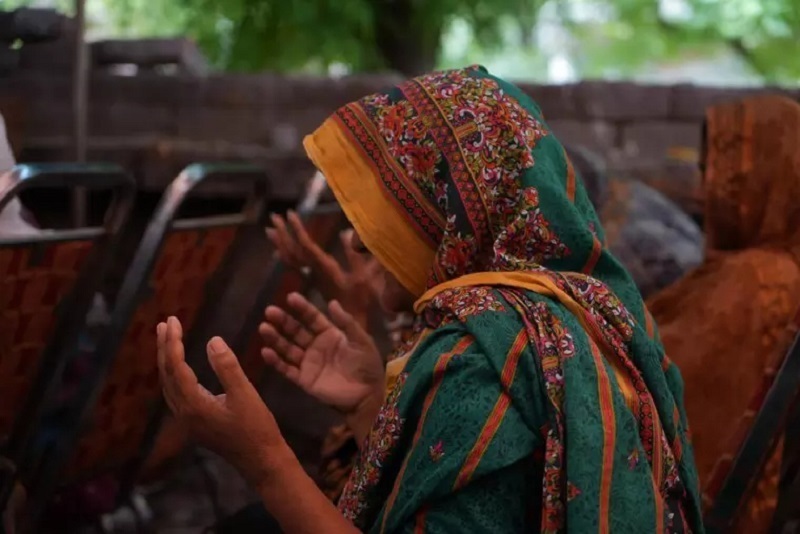
An investigation by Pakistan’s National Commission for Human Rights (NCHR) found that Muslim vigilante groups are working with federal authorities to entrap young people into sharing blasphemous content on social media for prosecution.
The report highlights a significant surge in blasphemy cases this year, particularly targeting Christians and other religious minorities, with findings indicating that Pakistan has seen three times as many blasphemy cases in the first seven months of this year compared to the entirety of last year.
As of July 25, there were 767 individuals accused of blasphemy incarcerated across Pakistan, whereas only 213 were jailed in 2023. This marks a sharp increase from previous years, with just 64 in 2022, nine in 2021, and 11 in 2020.
The NCHR's report noted, “Most of the blasphemy cases were registered with the Federal Investigation Agency’s Cybercrime Unit in collaboration with a private entity.” The report further explained that young men are specifically targeted through entrapment tactics that involve females using pseudonyms to lure them into committing blasphemous acts online.
Punjab Province alone accounts for at least 594 imprisoned blasphemy suspects, followed by 120 in Sindh Province, 64 in Khyber Pakhtunkhwa Province, and two in Balochistan Province. This report follows earlier findings from the Special Branch of the Punjab Police, which indicated the existence of a “blasphemy business” exploiting blasphemy laws to entrap victims for extortion purposes.
According to the Special Branch report, many blasphemy cases are being prosecuted by private vigilante groups led by lawyers and supported by volunteers who actively search the internet for offenders. One group has been implicated in the conviction of 27 individuals who have received life sentences or death penalties over the past three years.
The report recommended that the Federal Investigation Agency (FIA) conduct a thorough inquiry into the funding sources of these vigilante groups, although the agency's response remains unknown.
The most active of these vigilante groups is the Legal Commission on Blasphemy Pakistan, currently prosecuting over 300 cases. This group is led by Shiraz Ahmad Farooqi, who was the complainant in the blasphemy conviction of a 40-year-old Christian woman, Shagufta Kiran, who was sentenced to death by a special judge in Islamabad on September 18.
The NCHR’s report has called for “a comprehensive review” of the roles and accountability of both government and private entities involved in these cases. It also highlighted that detainees face coercion, extortion, and pressure from the vigilantes who ensnared them, with reports of these individuals being encouraged to engage in further criminal activities within prison.
To address these issues, the NCHR recommended engaging high-level government and judicial officials regarding the FIA's collaboration with Muslim vigilantes. It also urged the formation of a Joint Investigation Team that would include officials from the Special Branch of the Intelligence Bureau, the ministries of Law and the Interior, the FIA, and other relevant departments to investigate blasphemy cases thoroughly.
Pakistan has been ranked seventh on Open Doors’ 2024 World Watch List, as one of the most challenging places to be a Christian, the same position it held in the previous year.

















